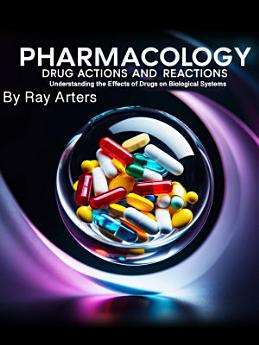Pharmacology: Drug Actions and Reactions – Understanding the Effect of Drugs on Biological Systems
About this ebook
The origins of pharmacology stretch back thousands of years, beginning with ancient civilizations that recognized the healing properties of various plants, minerals, and animal-derived substances. Egyptian papyri from 1500 BCE documented numerous medicinal preparations, while traditional Chinese medicine developed sophisticated theories about herbal combinations and their effects on the human body. Greek physicians like Hippocrates and later Galen laid early foundations for understanding dose-response relationships, recognizing that the same substance could be either medicine or poison depending on the quantity administered.
The modern era of pharmacology emerged during the 19th and 20th centuries, driven by advances in chemistry, physiology, and our understanding of cellular biology. The isolation of morphine from opium poppies in 1804 by Friedrich Sertürner marked a pivotal moment, demonstrating that active pharmaceutical compounds could be extracted and purified from natural sources. This breakthrough established the principle that specific chemical entities were responsible for therapeutic effects, rather than mysterious vital forces or spiritual properties attributed to medicines in earlier times.








